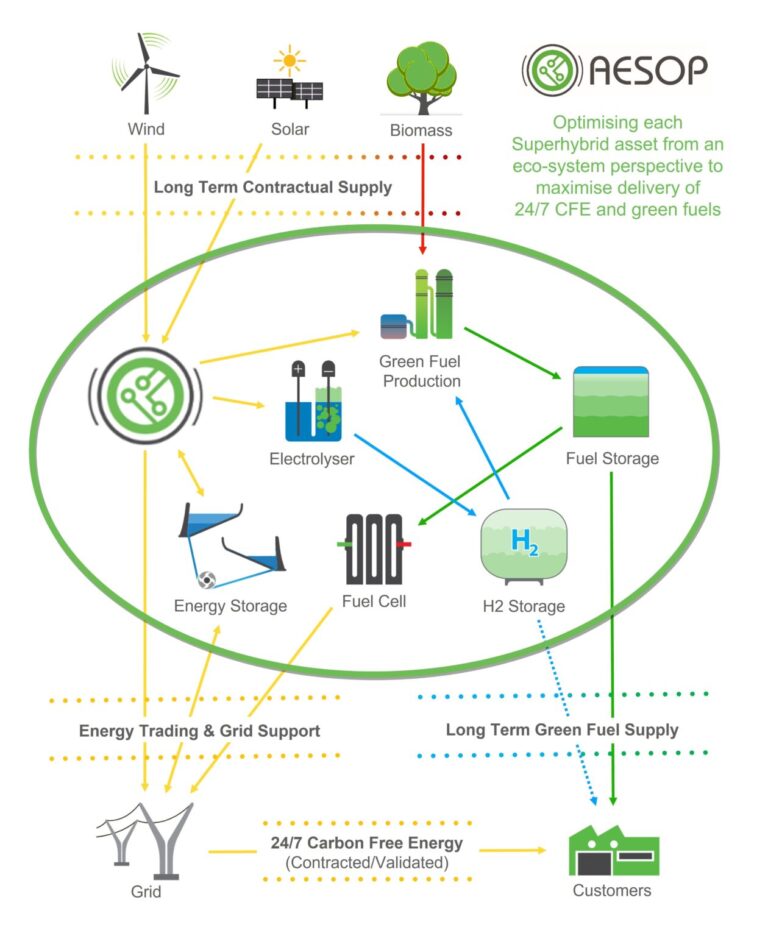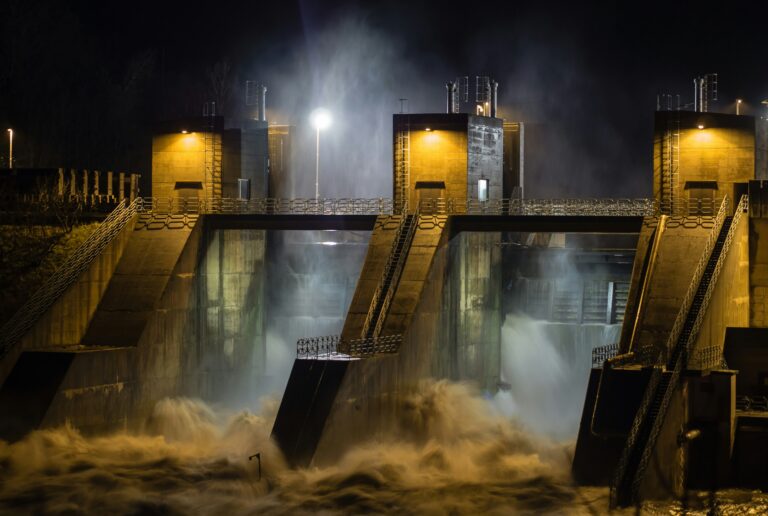By Virpi Barrett, Director of Green Energy Commerce

In an era where public sentiment leans heavily toward acknowledging First Nations peoples and righting historical wrongs, the question that often emerges is: “What can businesses do to make a tangible difference?” While public support for indigenous communities is high on both sides of the referendum debate, concrete steps and real actions are what matter.
At Sunshine Hydro we are determined to set an example for how businesses can enact real change. We develop large-scale energy assets that harness wind and solar energy to provide 24/7 Carbon Free Energy and green fuels. However, our projects consider much more than the technical, environmental, and financial aspects of the project.
One remarkable example is our flagship project, Djandori Gung-i, named by the local traditional owners to mean ‘Spirit in the Water’. This project includes a 600 MW pumped hydro station in the small town of Miriam Vale in the Gladstone region of Queensland.
Equity and long-term funding
We are exploring the structures that would enable the traditional owners an equity stake in the projects developed in their country. Indigenous ownership of such projects is commonplace in Canada. However, this line of thinking is still rare in the Australian context and that needs to change.
We also have plans to allocate a fixed revenue stream from the project to local indigenous organizations. This isn’t a token gesture, but a long-term significant financial commitment aimed at developing sustainable programs, for example for the local youth. The problem with many currently running youth programs is the short tenure of funding. It takes time to create relationships and gain the trust of the local youth, which is further shattered each time a short-term youth worker leaves the community and is replaced by the next program.
Education and employment
Educational support is another cornerstone of Sunshine Hydro’s community engagement strategy. We already collaborate with local schools to enable all children, particularly those from lower socio-economic backgrounds, to take part in excursions and extra-curricular activities, thereby enriching their educational experience.
We are committed to providing robust employment and apprenticeship opportunities within the project specifically targeted at First Nations communities. This strategy offers a stable pathway to economic independence by breaking the cycle of intergenerational unemployment.
Well-being and resilience of communities
For recreation and well-being, the project envisions a framework that promotes healthy activities. The idea is to establish facilities for mountain biking, swimming, and nature retreats around the pumped hydro assets, that would be accessible to the community free of charge.
Sunshine Hydro also considers the very real challenges posed by climate change, including water security. The pumped hydro station itself operates on a (nearly) closed water loop – moving the same water up and down the hill depending on the availability of renewable power. However, in anticipation of future droughts, the project is committed to supporting the community’s water needs by using the desalination infrastructure to connect the township to the coastline.
Another important part of thinking ahead is ensuring that such a large project does not create a boom and bust in local housing. Such projects tend to leave the most vulnerable people unable to afford housing during the construction phase. Housing development or considerations on what industries or businesses could be developed post-construction to ensure long-lasting growth for the community may not be an integral part of an energy asset development, but these outcomes can be achieved through partnerships if such things are considered early on.
Real dialogue and connection
Many of these initiatives are intended to benefit not just the indigenous community but the local community as a whole. However, there are often challenges and barriers specific to the First Nations people, hindering them from benefiting from the generic community benefit schemes. Therefore, it is important to open the dialogue with the local traditional owners early in the project planning stage. This helps the businesses to understand the local context and the actions that are most needed in each community. For the Djandori Gung-i project, Sunshine Hydro is partnering with Gidarjil Development Corporation.
One of the most exciting and democratizing aspects of Sunshine Hydro’s community commitment is a plan to become a community-owned company. We are going to give everyday people a rare opportunity to invest in a developer of 24/7 Carbon Free Energy. This enables people to participate in the development of projects like Djandori Gung-i with a low minimum investment.
All these plans underscore the importance of opening dialogues with local traditional owners to understand specific community needs and barriers. By aligning technological innovation with social responsibility, we are setting a precedent for how businesses can, and should, act in the best interests of the community at large. Although these plans are still in the development phase, they offer a promising blueprint for a future where reconciliation is not just a concept but a living, breathing reality.
.



